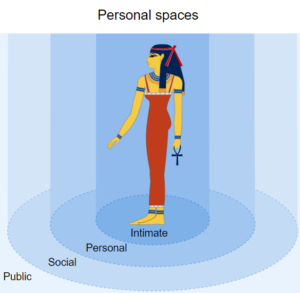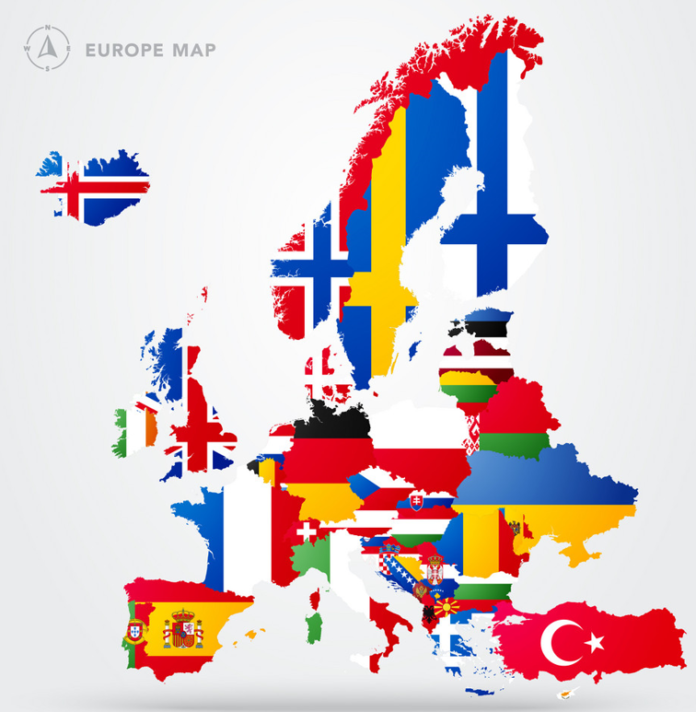Europe, renowned for its diverse cultures, rich history, and stunning landscapes, is a top destination for travelers worldwide. To make the most of your trip and ensure a respectful and enjoyable experience, you must be mindful of the cultural nuances and customs of each country you visit. While Europeans are generally welcoming and open-minded, there are certain behaviors and actions that travelers should be cautious about. This guide will explore critical considerations and behaviors to remember when traveling in Europe.
Avoiding Generalizations and Stereotypes
Europe is a continent composed of numerous countries, each with its distinct culture, traditions, and customs. It is essential to refrain from generalizing or stereotyping people based on their nationality or country of origin. Embrace the opportunity to learn about each country's unique identity and appreciate the diversity that Europe has to offer.
Respecting Dress Codes
Various European countries have specific dress codes, especially when visiting religious sites, cultural landmarks, or formal establishments. It is vital to dress appropriately and respectfully, adhering to local customs and expectations. Avoid wearing revealing or offensive clothing when visiting religious sites, and opt for more formal attire in upscale establishments. By dressing in a manner that aligns with local expectations, you demonstrate respect for the culture and traditions of the country you visit.
Respecting Personal Space
Attitudes towards personal space vary across European countries. While some cultures may be more comfortable with physical proximity, others prefer more intimate space. It is essential to be mindful of personal boundaries and avoid intruding upon someone's personal space without consent. Observe the behavior of locals and adapt accordingly to ensure respectful and comfortable interactions.

Maintaining Considerate Behavior
Europeans generally value tranquility and polite behavior in public spaces. Avoid engaging in loud or disruptive activities, particularly in museums, libraries, and public transportation. Keep your voice at an appropriate volume and be conscious of your actions impact on those around you. You contribute to a more pleasant atmosphere for everyone by demonstrating courtesy and thoughtfulness.
Familiarizing Yourself with Table Manners
Dining etiquette varies across European countries, so you must familiarize yourself with local customs. Avoid placing your elbows on the table, slurping food, or speaking with your mouth full. Each country may have specific dining traditions, such as resting your hands on the table in France or leaving a small amount of food on your plate in Italy. Take the time to learn and appreciate the unique dining customs of the country you are visiting.
Considering Language Barriers
While English is commonly spoken in many European countries, it cannot be assumed that everyone is fluent in it. Remember that not all individuals you encounter will be proficient in English. Show respect by learning a few basic phrases in the local language, such as greetings and polite expressions. This effort demonstrates your interest in connecting with the local culture and facilitates smoother, more pleasant interactions.
Being Mindful of Tipping Practices
Tipping practices vary across Europe. In some countries, a service charge may already be included in the bill, while in others, tipping is expected for good service. Research the tipping customs of the country you visit to avoid over- or undertipping. Showing gratitude for exceptional service is appreciated, but be mindful of local norms to ensure that you tip appropriately.
Respecting Queue Etiquette
Respecting queues is common in Europe, and cutting in line is considered impolite and disrespectful. Whether waiting for public transportation, visiting attractions, or standing in line at a store, you must join the queue and wait for your turn. Avoid pushing or attempting to skip ahead, as such behavior can lead to friction and negative interactions.
Adhering to Local Laws and Regulations
European countries have their laws and regulations that must be respected. Familiarize yourself with the local laws, particularly those concerning public behavior, alcohol consumption, drug use, and driving rules. Ignorance of the law is not an excuse, and violations can have serious consequences.
Conclusion
Traveling in Europe offers a unique opportunity to immerse oneself in many cultures and experiences. By being mindful of cultural nuances and respecting local customs, you can enhance your journey and foster positive interactions with locals. Embrace diversity, adapt to local businesses, and approach each country with an open mind. By avoiding the behaviors mentioned above and demonstrating cultural sensitivity, you can ensure a memorable and harmonious trip through the captivating continent of Europe.















